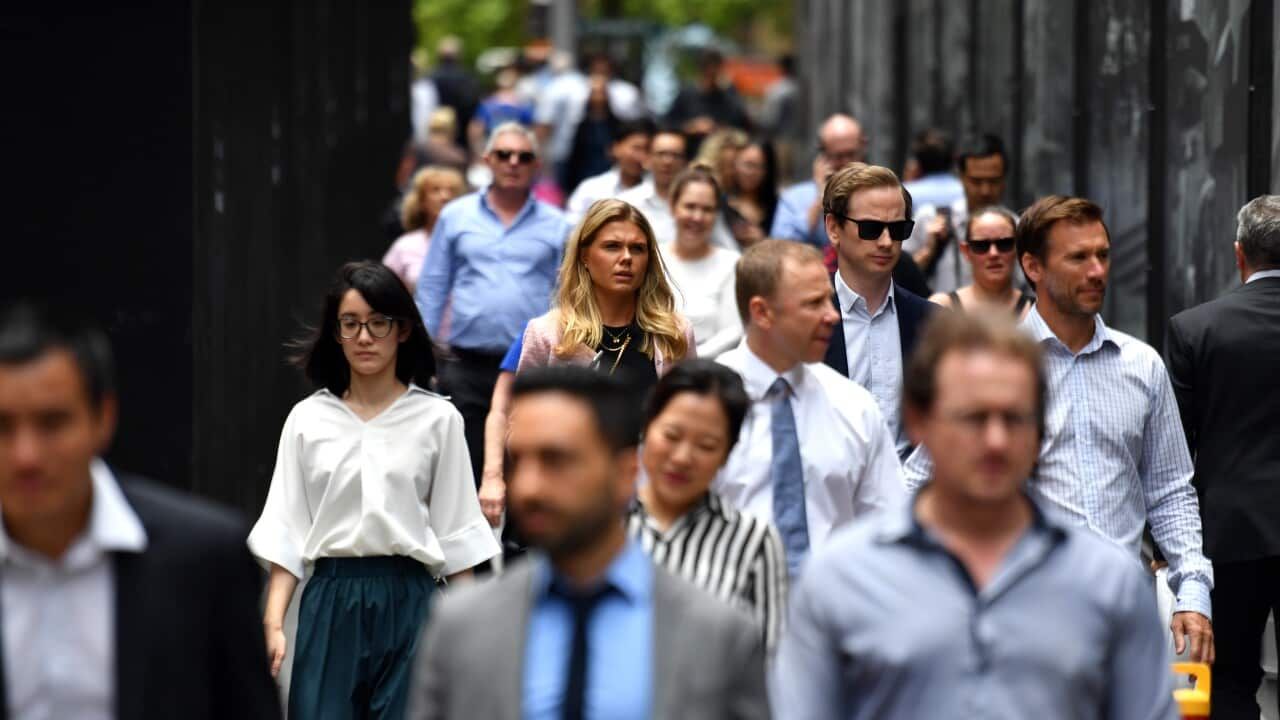KEY POINTS:
- One US state has moved to relax child labour laws in a bid to address worker shortages.
- If the bill passes, hours of work for children aged 16 and under could increase from four to six a day.
- Here's how the proposed changes compare to Australian jurisdictions.
One United States jurisdiction's controversial child labour reforms are moving closer to becoming law.
Iowa's Republican-controlled Senate passed a bill on Tuesday that would loosen restrictions in a bid to combat labour shortages. It will now move to the House of Representatives, where Republicans have a majority, and if passed, go to Governor Kim Reynolds to sign into law.
If the bill becomes law, the number of hours children aged 16 and under can work will increase from four to six a day. It would also allow them to work until 9pm during the school year and until 11pm during the summer break.
A 16 or 17-year-old child would be able to serve alcohol at restaurants with a parent's permission, and those aged 14 to 17 would be able to work in previously prohibited industries as long as they are undertaking a training program.
The minimum working age will remain at 14 years old.
But how does that compare to Australia? Take a closer look below:
Victoria
Employers must have a permit if they want to hire a child under the age of 15.
There are some floors in place. A child must be at least 11 years old to do some forms of delivery work, like dropping advertising material in letterboxes and aged 13 for others, like retail and hospitality.
There is no minimum age of employment for the entertainment and advertising industries, but there are restrictions on days and hours.
Outside of this, the number of hours a child can work during the school term is no more than three hours a day and 12 a week. That increases to six hours a day and 30 hours a week while on school holidays. Restrictions on start and finish times mean children are not able to work overnight.
There are fewer restrictions when it comes to parents or guardians employing their children to work in a family business, but they are not allowed to roster them during school hours.
NSW
There is no minimum working age in NSW but restrictions on when and for how long children can work do apply.
A child cannot work for more than four hours if they attended school on the same day, and must clock off before 9pm if they have school the following day.
They must also not do their job during school hours unless their principal gives written approval to a request.
If a child is working in a performance or entertainment-related job, how many hours and days they can work each week depends on their age bracket.
Queensland
Here, the minimum working age is generally considered to be 13. It's 11 for some forms of delivery work, like delivering newspapers, but children must be supervised.
During the school term, a child can work a maximum of 12 hours a week with caps on how many hours they can work on school and non-school days. On school holidays, the weekly limit increases to 38 hours.
Employers cannot roster children to work during school hours, nor between 10pm and 6am, or 6pm and 6am if they are aged between 11 to 13 and engaged in delivery work.
While children of any age can work in the entertainment industry, there are restrictions on hours and days that change depending on how old they are.
A child working at a family business cannot be rostered to work during school hours, but overall, fewer restrictions apply.
South Australia
The Festival State has no minimum working age.
A child aged between 6 and 16 years — the compulsory school age — cannot work during school hours, although those aged 15 and 16 can apply for a permanent exemption from school for employment reasons.
They are also not allowed during hours that could affect their performance at school, such as late at night or early in the morning.
Tasmania
There is no minimum working age here, but a child cannot be rostered during school hours unless they obtain an exemption.
Western Australia
More open access to the employment market starts at 15, though there are some jobs younger children can do.
Those aged 10 through 12 can deliver newspapers or advertising material as long as they are accompanied by a parent when doing their job and do not start before 6am or finish later than 7pm.
Thirteen and 14-year-olds can work in retail or hospitality if a parent gives them permission. They can also not start their shift before 6am or wrap up after 10pm.
Children of any age can work at a business owned by their parents or a relative, as can those who perform professionally as an actor or musician.
No child can work during school hours unless an exemption is obtained. The WA government says parents seeking further information should contact the school their child attends.
Northern Territory
You must be at least 15 years old to get a job in the Top End.
Children cannot work before 6am or after 10pm, and they must not be asked to perform work that will, or likely harm their physical, mental, or emotional well-being.
ACT
Children are allowed to perform "light work" if they are under 15 which may, among other things, include working as a cashier, gardening, or modelling. Their parents must also consent, and the child must be supervised while doing their job.
These children can typically only work up to 10 hours a week. If their employer wants them to work more hours during the school holidays, the child and their parents must consent and the business must notify Child and Youth Protection Services at least seven days before the change.
Those aged 15 and under cannot be rostered during school hours, which is the same for older children unless they obtain an exemption from the Department of Education, which typically only grants them in exceptional circumstances.
The same restrictions apply to children who work at family businesses.














